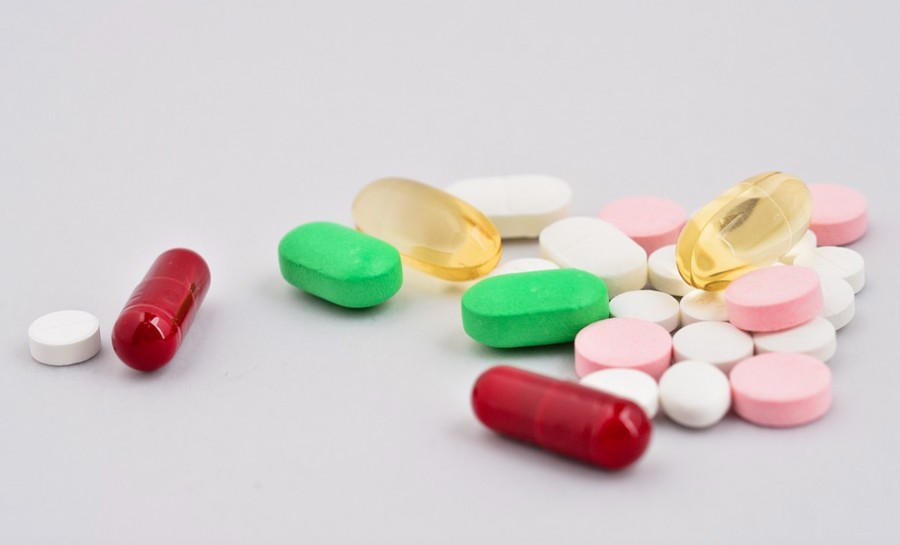Johns Hopkins University’s Lancet Commission on Public Health and International Drug Policy found that the war on drugs weakens efforts to improve public health. The commission called for the reformation of global drug policies and the global decriminalization of drugs.
“The goal of prohibiting all use, possession, production and trafficking of illicit drugs is the basis of many of our national drug laws, but these policies are based on ideas about drug use and drug dependence that are not scientifically grounded,” said Commissioner Chris Beyrer, a Johns Hopkins professor of epidemiology.
These findings should not surprise anyone. The failed zero tolerance drug policies have caused significant damage not just in the United States, but across the world.
Hopkins is located in my hometown of Baltimore, where the heroin crisis has been the most important social issue for the past few decades. The negative effects of heroin: gang violence, murder, the spread of aids and homelessness, have not been alleviated with zero tolerance policies.
Former presidential candidate Martin O’Malley implemented massive arrests and incarceration of low-level drug dealers during his time as the mayor of Baltimore. While his tenure did see a temporary dip in crime, the record-breaking violence and murder rate in Baltimore this year is most assuredly a legacy of these policies. It turns out arresting people and placing them in Maryland’s deplorable corrections facilities did not make them less violent.
U.S. demand for drugs gave rise to the cartels in Mexico, Colombia and other South and Central American countries. Scores of refugees enter the United States every year from South and Central America to flee the violence and economic depression caused by these cartels, and by extension U.S. drug consumption.
Perhaps it is also time for Marquette to revisit their alcohol and drug policy.
Illegal drug use is prevalent at Marquette. Chances are you, or someone you know, uses recreational drugs or drugs without a prescription. Heck, if you don’t believe me just go to Raynor during midterms or finals and you will be sure to hear dozens of conversations about Adderall and Vyvanse.
Currently, Marquette has three classifications for dealing with drug violations. Category A violations, the use of drugs or possession of paraphernalia, is a 100 dollar fine for first offenses, and a 200 dollar fine and potential suspension for a second offense. For some reason, Category B violations, possession of drugs or manufacturing paraphernalia, is an even more expensive fine.
I guess if Marquette University Police Department is about to bust down your door you would be better off ingesting all your drugs in order to get a Category A violation and a cheaper fine.
Category C violations, production of drugs or intent to distribute drugs, results in expulsion. A student could shoot up heroin on the steps of the Joan of Arc chapel and potentially receive a lesser punishment than if he or she had made hash oil in their dorm room or sold Adderall to his or her roommate.
The truth is these measures do not stop people from using or selling drugs. What they do is make students with an actual drug problem less motivated to seek treatment.
Not everyone who does illegal drugs is an addict or a criminal. It is the responsibility of the administration to constantly reexamine the university’s drug policies to ensure they benefit students, not impair them.

